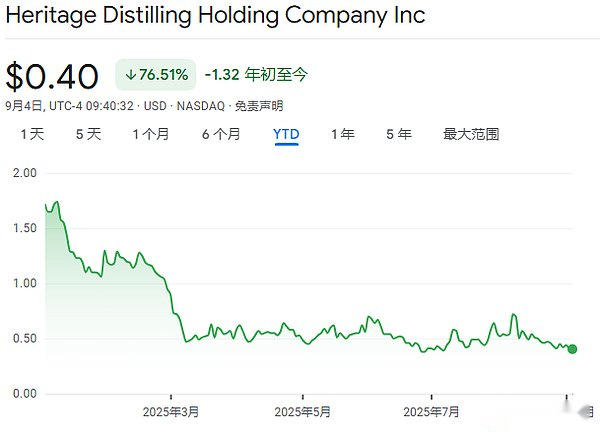
Author: Zhao Ying, Wall Street News
Nasdaq is stepping up scrutiny on its listed companies’ behavior to push up stock prices by raising funds to buy cryptocurrencies.
On Thursday, according to company documents and people familiar with the matter, the exchange now requires some companies to obtain shareholder approval before issuing new shares to buy cryptocurrencies.
This regulatory move could slow the current cryptocurrency boom, which is pushing more and more alternative tokens to mainstream markets.The vast majority of cryptocurrency concept stocks are traded on the Nasdaq, and the exchange hopes that the company will slow down before transforming into crypto stocks to ensure investors are fully aware of the risks..
New requirements for Nasdaq include procedures such as shareholder voting, which industry participants say could delay trading and bring uncertainty to the cryptocurrency boom in the stock market.If the company fails to comply with relevant regulations, Nasdaq has the right to delist or suspend trading.
Tightening regulation affects financing rhythm
So far this year, 124 U.S. listed companies have announced plans to raise more than $133 billion in funding to buy cryptocurrencies. 94 of them are listed on the Nasdaq and only 17 are traded on the New York Stock Exchange, according to data from cryptocurrency consulting firm Architect Partners..
Companies are scrambling to accumulate as many tokens as possible, trying to become the stock of choice for a particular token, and their success depends largely on the speed of financing and issuance of stocks.This strategy works best in the cryptocurrency rising market, so any delay can cause the company to miss out on the window of opportunity.
Nasdaq’s strict scrutiny represents a balancing act – both to profit from the company’s listing and to assume regulatory responsibilities.
King & Spalding law firm partner Dan Kahan said that with shareholder approval requirements, Nasdaq is actually showing that if you invest in a Nasdaq company, shareholders will usually have a say before the company goes through a truly transformative ownership or operational change.
Imitating MicroStrategy strategies trigger risks
These companies are emulating Michael Saylor’s MicroStrategy strategy.The software maker’s main business is currently buying Bitcoin, which has accumulated $71 billion worth of cryptocurrencies over the past five years, becoming a hot stock.
Recently, companies have begun to switch to buying smaller, newer and less liquid tokens that may be more volatile or more easily manipulated by the market.Nearly half of the 124 cryptocurrency stocks tracked by Architect Partners are buying these small tokens, including the Trump family’s World Liberty token.BatchCommentators believe that these transactions may be a way for token holders to sell tokens to immature stock market investors.
Heritage Distilling has become a typical case of the impact of the new Nasdaq regulations.The Nasdaq-listed craft distillery specializes in military-themed whiskey and plans to accumulate relatively new cryptocurrency IP, the native token of the Story blockchain.Heritage raises funds from investors such as a16z Crypto and Polychain Capital, some of which are raised from IP, which is the native token of the Story blockchain.Heritage raises funds from investors such as a16zCrypto and Polychain Capital, some of which are in the form of IP tokens.

Nasdaq informed Heritage that its plan requires shareholder approval.The company revised its trading structure last month to provide investors with prepaid warrants instead of stocks that investors can exercise only after Heritage gets shareholder approval.Heritage said in securities filings that the move was intended to comply with the Nasdaq listing rules and had scheduled a shareholders’ meeting on September 18.
Stephen Alicanti, partner at DLA Piper, said it was a new and evolving topic in the past few weeks and months.Some companies have to change the transaction structure after announcing the transaction.You have to be very careful about complying with the Nasdaq rules because if you have problems a few weeks after you complete the deal, you will be in a bad situation where you may need to cancel the deal.






